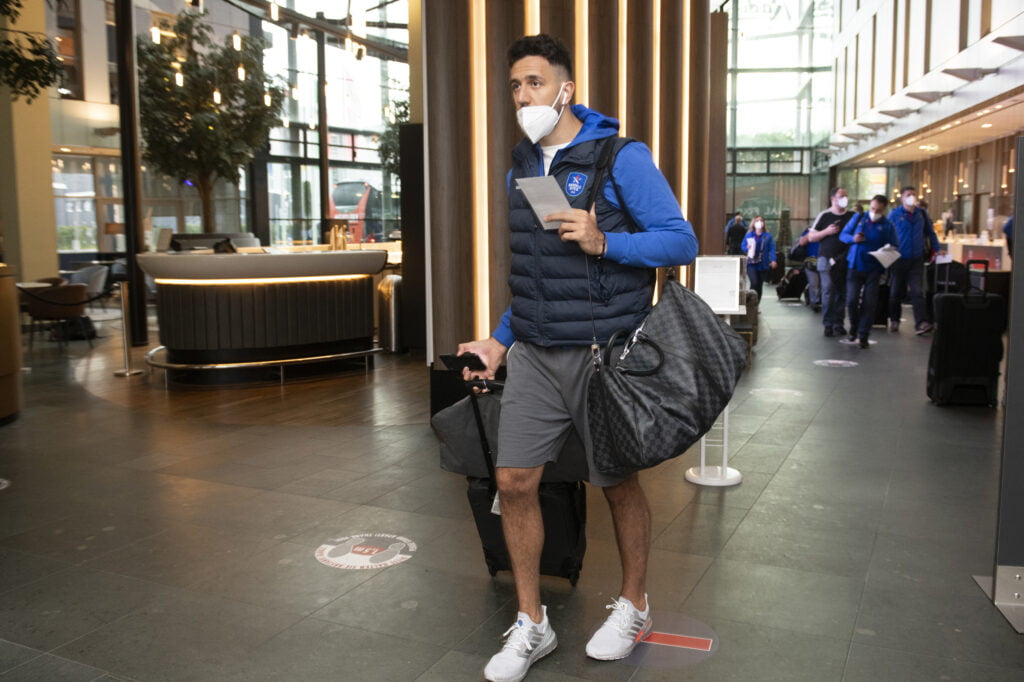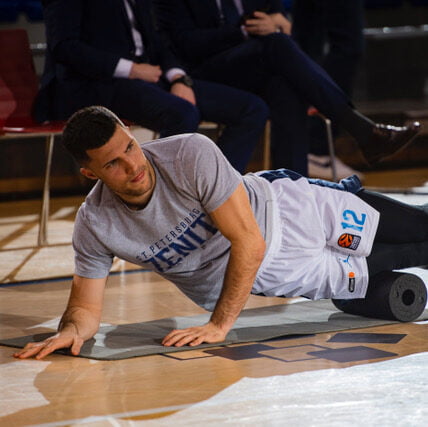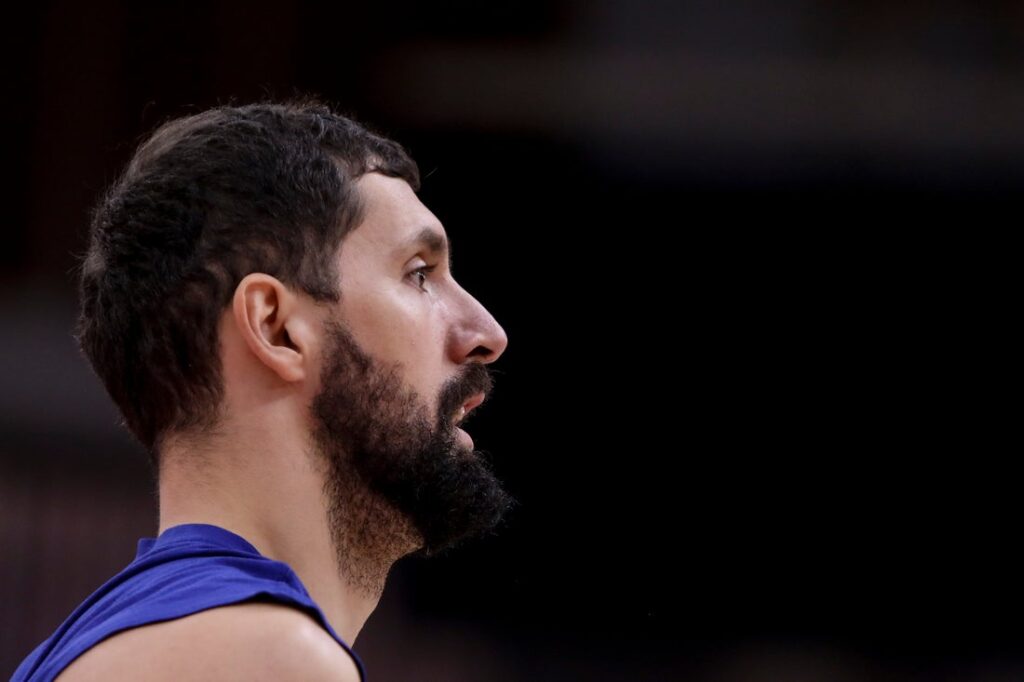performance
Performance
Advisory Board
The mission of ELPA Performance Advisory Board is to help improve players’ professional lives by interpreting and sharing the newest practical, scientific and methodological information about training, recovery, rehabilitation, performance management, psychology, nutrition and any other aspect that can serve the main goal – maximising the length and success of each player’s professional career.
As an inclusive and independent group of specialists, ELPA Performance Advisory Board will openly share their experiences, studies and researches with the aim to build mutual beneficial relationships with EuroLeague clubs and a wider basketball community. The Performance Advisory Board’s newsletter is available here.
Performance Advisory Board can be contacted at performance@elpa.basketball
PAB Members
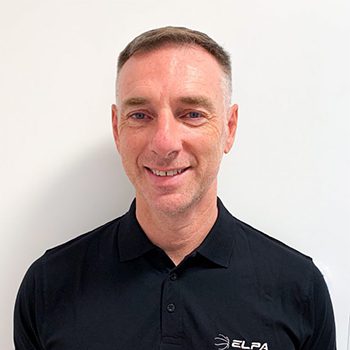
Francesco Cuzzolin
Strength & Conditioning
was the first European Head Strength & Conditioning Coach in the NBA (Toronto Raptors). He worked with Benetton Treviso and Virtus Bologna, and was the Head S&C coach of the Russian and Italian national teams. As consultant, he shared his expertise with CSKA Moscow, Fenerbahce Istanbul, AX Armani Exchange Milan. He is teaching Training methodology for team sports at the University of Udine, and is director of the Scientific Department and manager of Research and Innovation at Technogym. He is founder/member of the Executive Board of the European Physical Conditioning Association (EPCA).
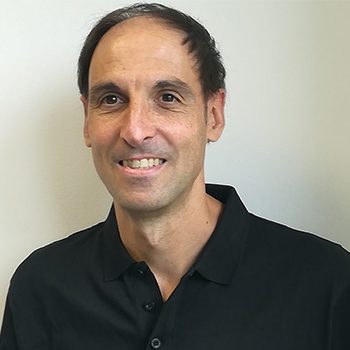
Julio Calleja-González
Scientific Research
Ph.D., is a chair professor in sports training at university of the Basque Country (Spain). As an international lecturer in more than 30 countries, he is one of the most recognized specialists in sports recovery. Currently, he works for the Spanish Olympic Committee and is also the personal performance scientist of Serge Ibaka (NBA Champion, 2019). He is a member of the European College of Sports Sciences (ECSS), and founder/member of the Executive Board of the European Physical Conditioning Association (EPCA).
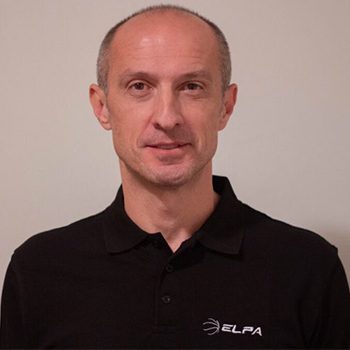
Igor Jukić
Performance Management
Ph.D., is a university professor, international lecturer, and high-performance specialist in sport. As a strength and conditioning coach, Igor worked with the Croatian national senior and youth basketball teams from 1994-2006, and with the Croatian national football team from 2014-2016. He was head of performance in the Baskonia-Alaves group. He founded Biotrening Ltd., a company related to high performance in sport, which supports top-level athletes and teams around the globe. He is a founder of the Executive Board of the European Physical Conditioning Association (EPCA).
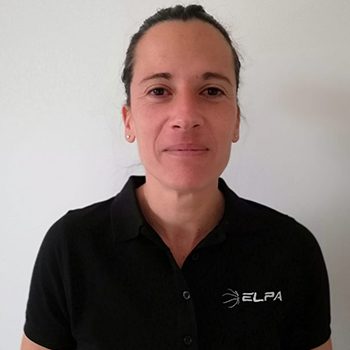
Mar Rovira
Sports Psychology
is a professor in Sports Psychology at Tecnocampus-Pompeu Fabra University (Spain) and has 17 years of experience as a professional basketball player. She obtained her BA (honors) in Psychology at University of Barcelona and Masters in Sports Psychology at U.N.E.D. Madrid. As a Sports Psychologist she worked with countless sports clubs (including F.C. Barcelona) and top-level professional athletes from basketball, MotoGP, soccer, tennis, swimming and others. She is the founder of Themoove, a company that helps professional athletes in their transition to retirement and second career.
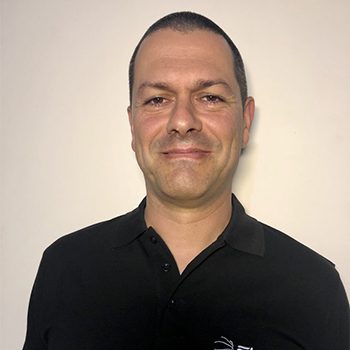
Jaime Sampaio
Sports Data Science
Ph.D., is director of the Research Center for Sports, Health and Human Development (CIDESD), where he heads the Creative Lab and SporTech, with a focus on performance analysis in team sports and technological applications in sports. His main interests and field of expertise are performance analysis and statistics, complex and dynamical systems, cooperative learning, collective behavior, and creativity. He produced more than 230 publications in international peer-review journals and textbooks and is currently a professor with tenure at the UTAD for teaching and researching.
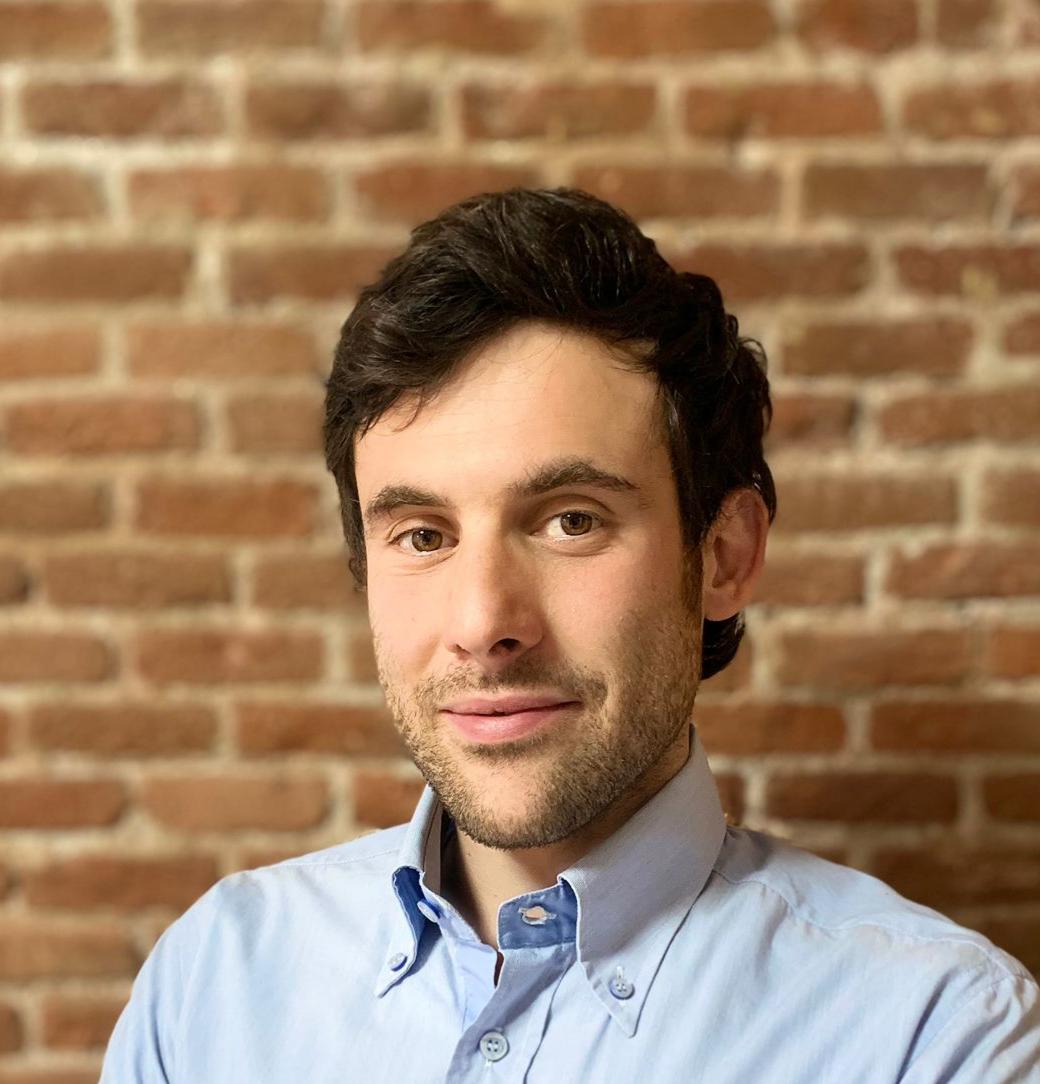
Antonio Santo
Performance Nutrition
possesses a strong academic background in biology, clinical nutrition, and sport training. With a genuine passion for optimizing athletic performance, he is looking to bridge the gap between scientific research and practical application. He has worked with professional teams in football, futsal, and basketball and gained valuable international research experience from universities in the UK, China, Slovakia, Slovenia, Spain, and Italy. Antonio works as a Performance Nutritionist in the Medical Department of a globally recognized team, where he continues to apply his expertise to optimize the team’s performance through effective nutrition strategies.
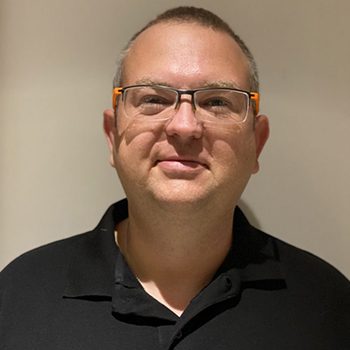
Baris Kocaoglu
Sport Traumatology
is a professor of orthopedics and sports medicine at Acibadem University (Faculty of Medicine) in Istanbul, Turkey. He made his sports medicine fellowship at the University of Iowa Hospitals and Clinic, Iowa City. He gave lectures at Penn State University, Cleveland Clinic, Campbell Clinic, Stanford University, Houston Texas University, and HSS Hospital. He is the leading editor of multinational basketball sports injuries book with the mission of collaboration between American Orthopaedic Society for Sports Medicine and European Society of Sports Traumatology, Knee Surgery & Arthroscopy.
PAB Newsletter
PAB Newsletter #12 – Travel fatigue management: designing a personal travel profile for players
Travel in Euroleague competition The Euroleague season 2021/22 is played in 11 countries and 16 cities. Common transportation vehicles for teams are airplanes (charter or commercial), trains, buses. When traveling, players spend most of their time on an airplane,...
03. 01. 2022
PAB Newsletter #11 – Rate your exertion: a simple, reliable, and useful method to monitor your internal training load
In the last years professional sports teams are increasing the numbers of games, their intensity and willingness to be competitive, which calls for a detailed training process that must be prepared for this level of competition. For EuroLeague teams that are...
29. 11. 2021
PAB Newsletter #10 – Visual training: details that make a difference!
Visual system is one of the most important sensory systems in performing sports skills. Scientific evidence shows improvement as a result of practice (Quevedo et al., 1999; Quevedo and Solé, 1995; Paul et al., 2011; Balasaheb...
29. 08. 2021

